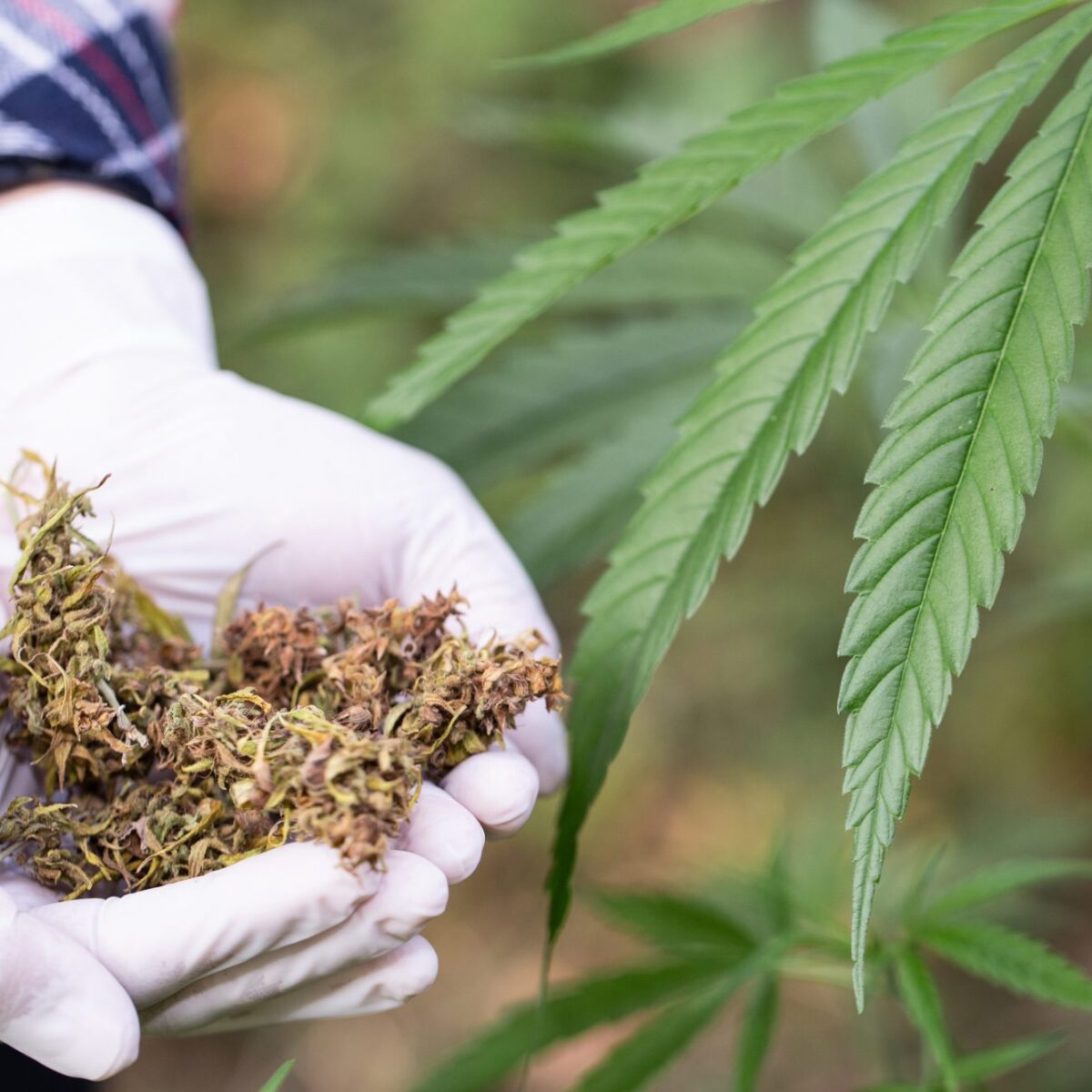The question of Will Weed Be Federally Legal in the United States has simmered for decades, but 2024 might be a turning point. With increasing state legalization, a potential rescheduling by the DEA, and growing public support, the winds of change are swirling. This blog dives deep into the current landscape, exploring the likelihood of federal legalization and its potential ramifications.
A Tale of Two Laws: Federal Prohibition vs. State Legalization
The current situation presents a complex paradox. On one hand, marijuana remains a Schedule I drug under the federal Controlled Substances Act (CSA) of 1970, categorized alongside heroin and LSD with “high potential for abuse” and “no currently accepted medical use.” This classification carries harsh penalties for possession and distribution.
On the other hand, a wave of state-level legalization has swept the nation. As of March 2024, 20 states and the District of Columbia have legalized recreational marijuana use for adults, while 37 states have legalized medical marijuana. This growing acceptance at the state level highlights a disconnect between federal and state laws, creating confusion for businesses and individuals.
The Biden Administration and the Push for Rescheduling
In October 2022, President Biden took a significant step by requesting a federal review of marijuana’s classification. The Department of Health and Human Services (HHS) subsequently recommended reclassifying marijuana from Schedule I to Schedule III, which acknowledges some medicinal benefits and a lower potential for abuse. This recommendation awaits a decision from the Drug Enforcement Administration (DEA), expected in early to mid-2024.
Rescheduling vs. Legalization: What’s the Difference?
While rescheduling wouldn’t legalize marijuana federally, it would have major implications. It would open doors for further research, facilitate banking for cannabis businesses (currently restricted due to federal prohibition), and potentially remove some of the stigma associated with the plant. However, it wouldn’t remove federal criminal penalties for possession or sale.
The Path to Federal Legalization: Legislative Efforts
The legislative route to federal legalization also holds promise. The “States Act 2.0,” introduced in 2023, aimed to remove marijuana from the CSA altogether. This iteration addressed concerns raised by previous bills, potentially garnering wider support. While the bill didn’t pass in 2023, advocates are working towards building further consensus for reintroduction in 2024.
Public Opinion Shifts: A Tailwind for Reform
Public opinion on marijuana legalization has undergone a dramatic shift. According to recent polls, over 60% of Americans favor federal legalization. This growing support base strengthens the case for reform and puts pressure on lawmakers to address the issue.
Potential Benefits of Federal Legalization
Federal legalization could unlock a range of benefits. It would establish a regulatory framework for safe production and distribution, generate tax revenue for the government, and allow for further research into marijuana’s potential medical applications. Additionally, it could help address the racial disparities in marijuana arrests seen across the country.
Challenges Remain: Addressing Concerns
Despite the positive outlook, some challenges remain. Opponents of legalization raise concerns about potential increases in youth marijuana use, impaired driving, and the commercialization of the drug. Finding solutions to these concerns will be crucial for garnering wider support for reform efforts.
The Road Ahead: A Year of Potential Change
2024 is shaping up to be a pivotal year for federal marijuana reform. The DEA’s decision on rescheduling and the potential reintroduction of the “States Act 2.0” are key developments to watch. Continued public pressure and bipartisan support will be essential to overcome remaining hurdles.
Conclusion: A Brighter Future for Cannabis?
While the path to federal legalization is not without obstacles, the momentum is undeniable. With a growing number of states embracing legalization, a potential shift in federal scheduling, and increasing public support, the future of cannabis in the U.S. appears brighter than ever. Whether 2024 marks the year of full legalization remains to be seen, but one thing is clear: significant change is on the horizon.

